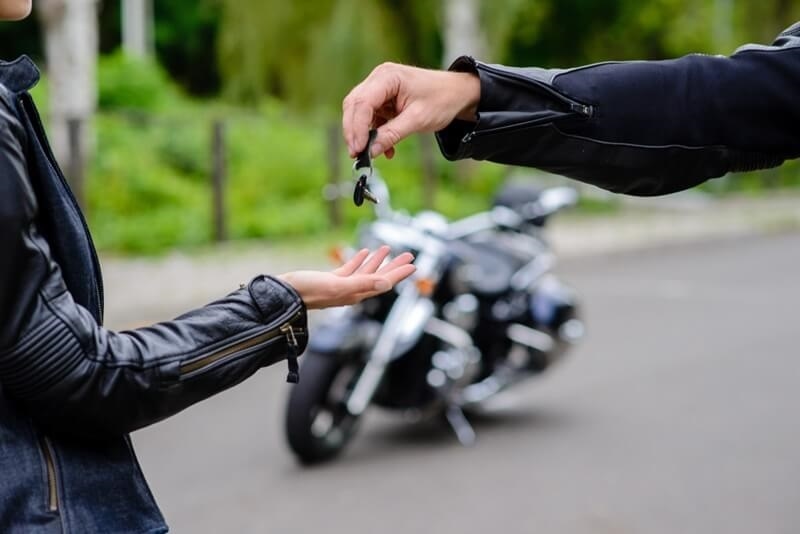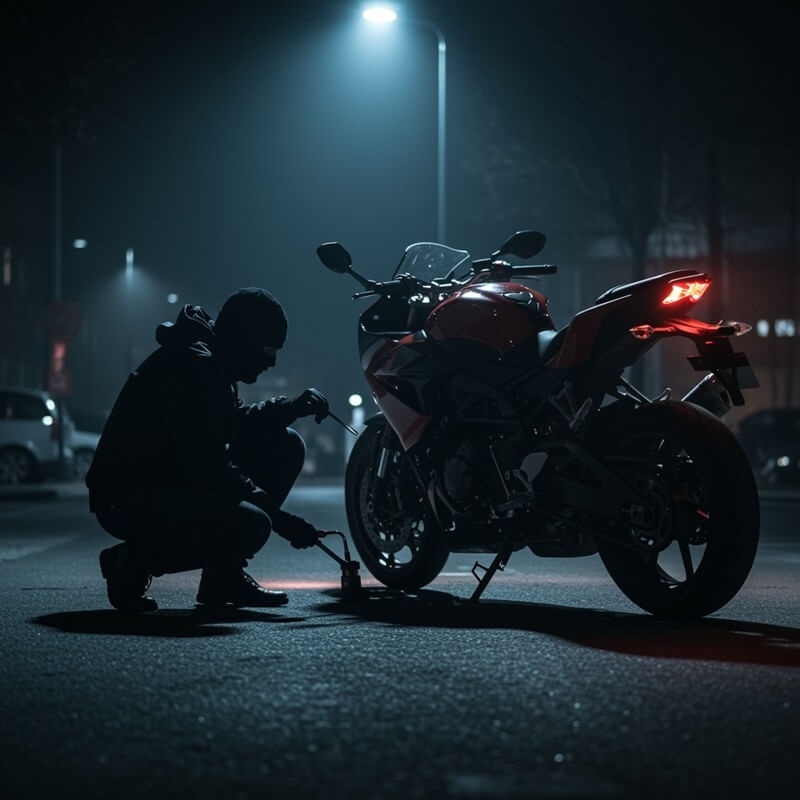
Purchasing a used motorcycle is an exciting and somewhat nervous experience. You have the excitement of having a bike without necessarily paying the full price, yet you face a risk of having something that has come out of the blue. This guide will enable you to sail through the process and, thus, ride off happily and confidently.
Purchasing a secondhand motorbike is not about looking at the price. It is about discovering a safe, reliable and stylish bike. The trick is to avoid surprises and have your bike in the long run.
Have a budget in place before you even see bikes. Do not forget about such expenses as insurance, equipment, registration, and possible maintenance. Budget will assist in reducing the options available to you, and it will help you not to spend too much money.
There is a wide range of motorcycles, such as cruisers, sport bikes, and touring bikes, among others. Consider the way you are going to use the bike. A touring bike can be a good option in case you love riding long distances. A lighter, smaller bike might be ideal in the case of commuting to the city.
After determining what kind of budget and how much you can spend, make a list of models that qualify. Investigate their dependability, costs of maintenance and part availability. This move will save you time and will also help you concentrate on the most appropriate options.

The problem of checking a used bike is one of the essential steps to prevent an expensive error. You would like to find out the problems prior to purchase, despite the bike appearing good on the surface.
Check the frame with regard to dents, rust or cracks. Major scratches are a problem, whereas minor ones are normal. Ensure that the frame is upright and firm.
Your bike is all about the engine. Pay attention to strange sounds, such as knocking or rattling. It is necessary to check for oil leaks and make sure that all the parts are present and maintained clean.
Tires should have even wear and enough tread depth. Brakes should feel firm and responsive. Uneven tire wear or soft brakes can be signs of neglect or bigger mechanical problems.
Make sure all lights, indicators, horn, and dashboard functions work. Electrical problems can be tricky to fix and expensive.
Never buy a bike without riding it first. Feel how it handles, accelerates, and brakes. Pay attention to vibrations, strange sounds, or unusual handling.
Finding the best pre-owned motorcycles means balancing price, condition, and reliability. Some bikes hold up better than others over time, making them a smarter investment.
Bikes like Honda CB series, Yamaha MT series, and Suzuki SV650 are known for durability. They often require less maintenance and have strong resale value.
For those who love cruisers, Harley-Davidson models are iconic. But it’s important to read a used Harley review before buying. Older Harleys may need more maintenance, but the ride quality is unmatched.
If speed and adventure excite you, models like the Kawasaki Ninja or BMW GS series are great choices. Check mileage vs condition guide to ensure the bike hasn’t been overused or poorly maintained.
A bike’s mileage tells only part of the story. Sometimes a low-mileage bike can be poorly maintained, while a high-mileage bike may run perfectly.
Ask for service records. A bike with regular oil changes, tire replacements, and scheduled maintenance often lasts longer than a bike with fewer miles.
Check handlebars, seats, footpegs, and pedals. Excessive wear may indicate rough use, even if the mileage is low.
High mileage doesn’t always mean trouble. If the engine is well cared for and runs smoothly, it can last tens of thousands of miles more. A professional mechanic can help assess engine condition.
Buying a used bike requires patience and knowledge. Following some key tips can make the process smoother and safer.
Whether it’s a dealer or a private seller, check reviews and reputation. Reliable sellers are more likely to offer honest information about the bike.
Ask about accidents, modifications, and reasons for selling. Honest answers help you gauge the bike’s real condition.
Don’t rush to pay the asking price. Use your inspection findings to negotiate. Remember, fair negotiation benefits both parties.
Verify the title, registration, and any lien status. Ensure the VIN matches the paperwork and bike frame.
Even if you’re knowledgeable, a professional mechanic can spot hidden issues. This step can save you money.
Many buyers make mistakes that can turn a great deal into regret. Being aware helps you avoid them.
Then there are old or modified bikes that might require additional maintenance. Factor in repair costs into your budget and then make a purchase.
A glossy paint design or a fancy decal does not assure reliability. Be mechanical, health-wise and not appearance-wise.
Certain models have been known to be problematic. A used review of Harley or model-specific posts can offer good information when reading.
The checklist will help you stay on track with your process and will help you de-stress.
After you have purchased your bike, you can have the freedom of the road. Ride it, keep it clean, and enjoy it. An excellent used motorcycle can give years of happiness without having to empty your pocketbook.
Change oil on schedule, test brakes and tires, and clean it. Maintenance will keep your bike in operation and will be resold.
You can also you can replace the parts one by one, such as better seats, mirrors, exhausts, etc. This makes your ride personal without having to spend heavily on this.
Introduce yourself to other riders, exchange experiences, and learn how to ride your model. It is an amusing method of acquiring more skills and knowledge in riding.
There is no need to stress out when purchasing a used motorcycle. Using this motorcycle buying guide when buying used bikes, checking them, paying attention to the mileage and condition of the bike, and thinking about the best used motorcycles, you will be able to get a good ride without paying too much. Go slow and pose the right questions, and follow your instincts. Your ideal bike is there waiting to get into your home.
This content was created by AI